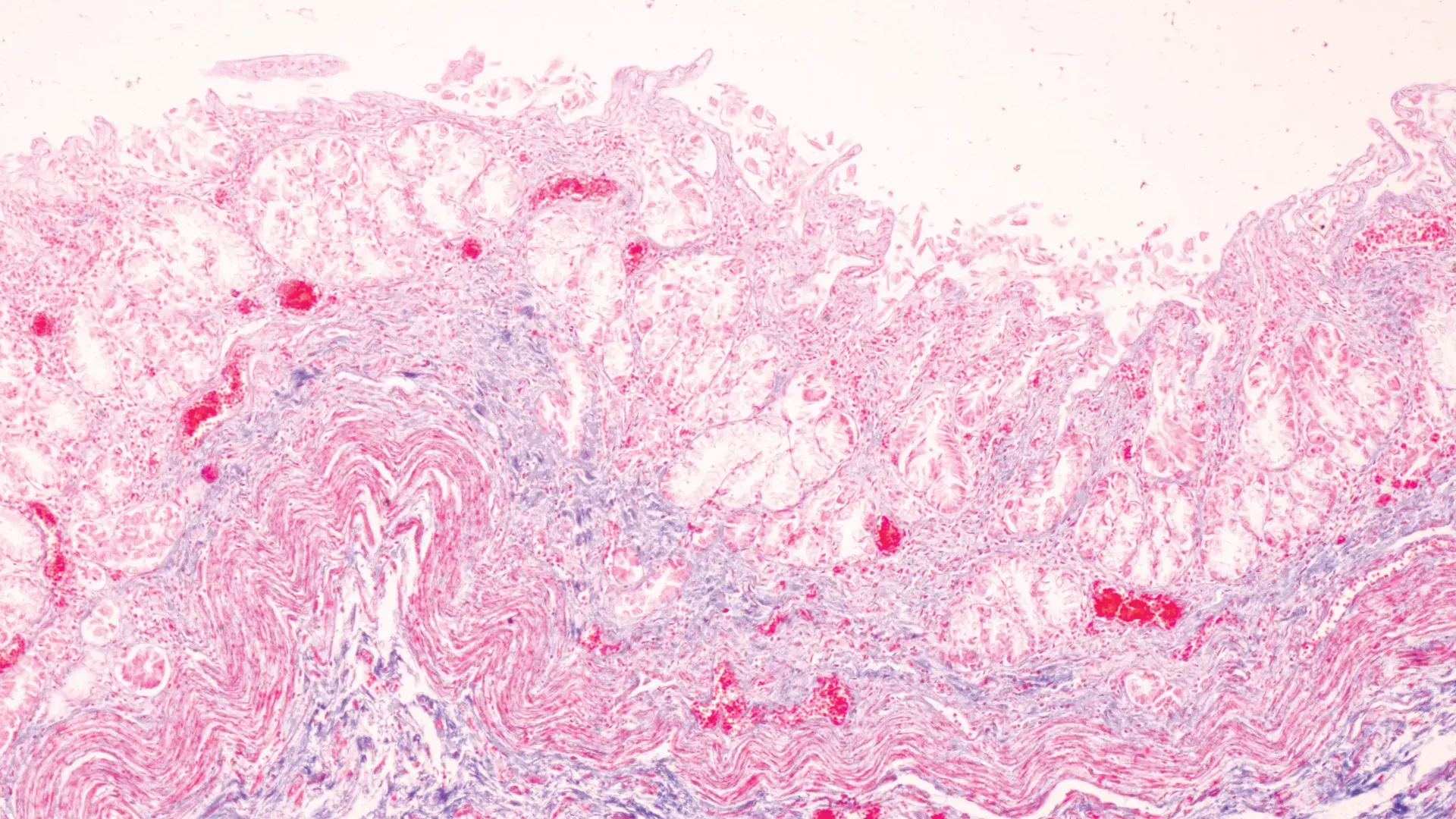4 Questions On NAD/NADH Testing Answered
Unlocking the Secrets of Cellular Energy

Children with ADHD are more likely to suffer from allergic diseases. In one study of 100 children with ADHD compared with 60 healthy controls, 35% of the ADHD children had allergies. Most of the allergies were a combination of allergic rhinitis and bronchial asthma, and the most common allergens were hay dust (43%) and pollens (37.5%). Children with allergies were more likely to have a more severe form of ADHD.
Asthma, allergic rhinitis, and food allergies have been implicated in not only the worsening of symptoms in ADHD but also its development. Jiang and colleagues found that a single food allergy, food allergy combined with allergic rhinitis or asthma, and food allergy combined with both allergic rhinitis and asthma were independently linked to an elevated risk of ADHD.
Further evidence supporting the association between allergies and ADHD is that in both disorders there are imbalances in neurotransmitters such as dopamine, norepinephrine, and 5-hydroxytryptamine. Furthermore, immunity-related genes may be involved in ADHD, and clinical studies have demonstrated that allergic diseases and neurological disorders often exist simultaneously in the same patient. This could be due to genetic factors, neurotransmitter imbalances, neuroimmunity, and problems in the brain-gut axis. These factors have led one group of researchers to propose that ADHD may itself be an allergic disease.
In my clinical practice, I routinely test patients with neurobehavior symptoms for both food sensitivities and allergies. As I share with my patients, if we are not testing we are guessing. I even discovered a patient that was highly reactive to lettuce, “crunchy water” who would have guessed.
For more detailed information click below to watch my webinar with US BioTek where we'll explore how food and environmental allergies and sensitivities may offer a possible explanation for both the pathogenesis of these disorders and their exacerbations.
References:
1. J Chin Med Assoc. 2018 Mar;81(3):277-83.
2. Eur Ann Allergy Clin Immunol. 2018 Nov;50(6):262-7.
3. BMC Psychiatry. 2014 Mar 10;14:70.
4. Pediatr Allergy Immunol. 2018 Jun;29(4):402-9.
5. Pediatr Allergy Immunol. 2009 Mar;20(2):107-12.

Unlocking the Secrets of Cellular Energy

Short chain fatty acids (SCFAs) are organic acids produced by bacterial fermentation of dietary fibre and resistant starch. Enterocytes and...

Zonulin has emerged as a popular marker to assess the integrity of the intestinal mucosal barrier. Discovered by Dr Alessio Fasano, Zonulin...